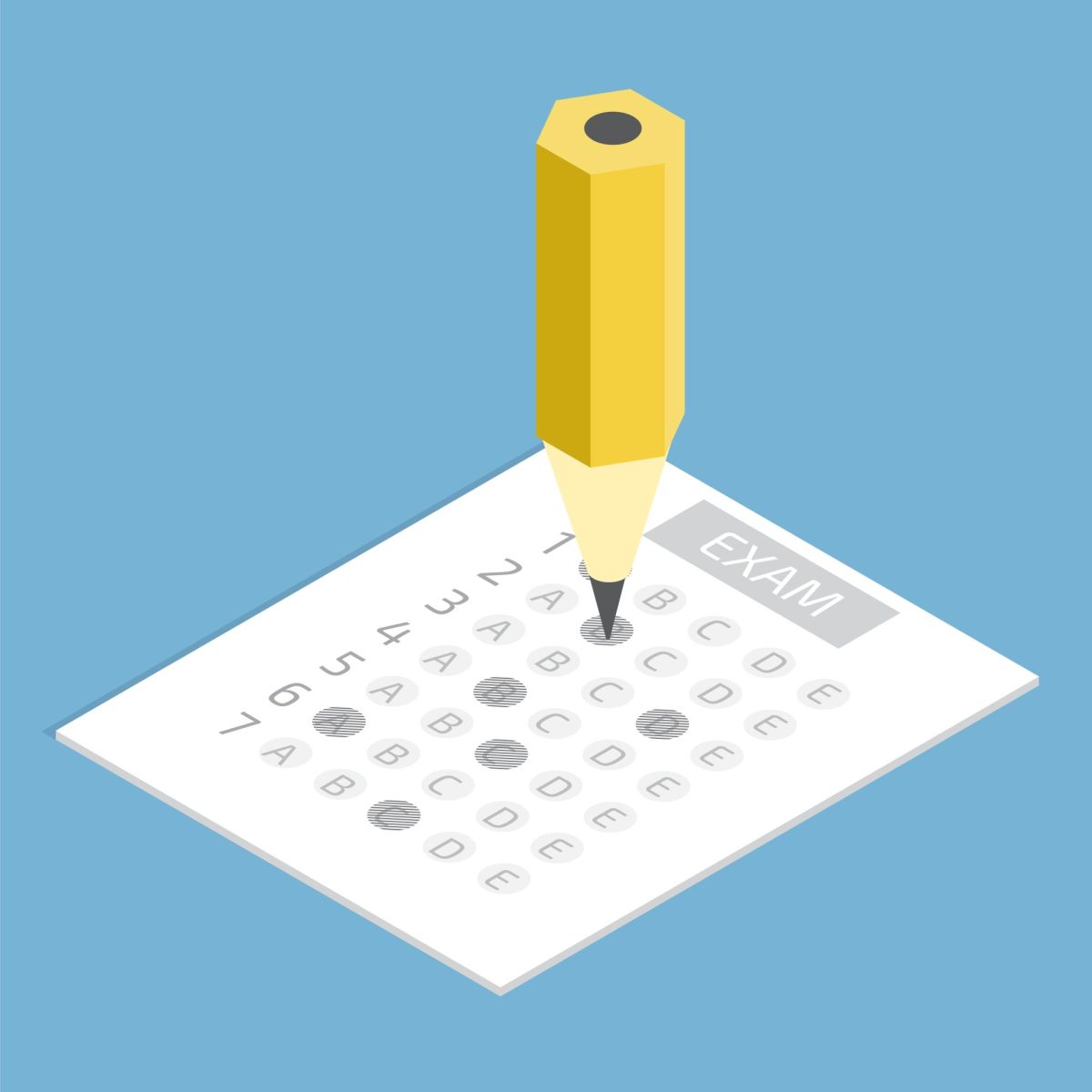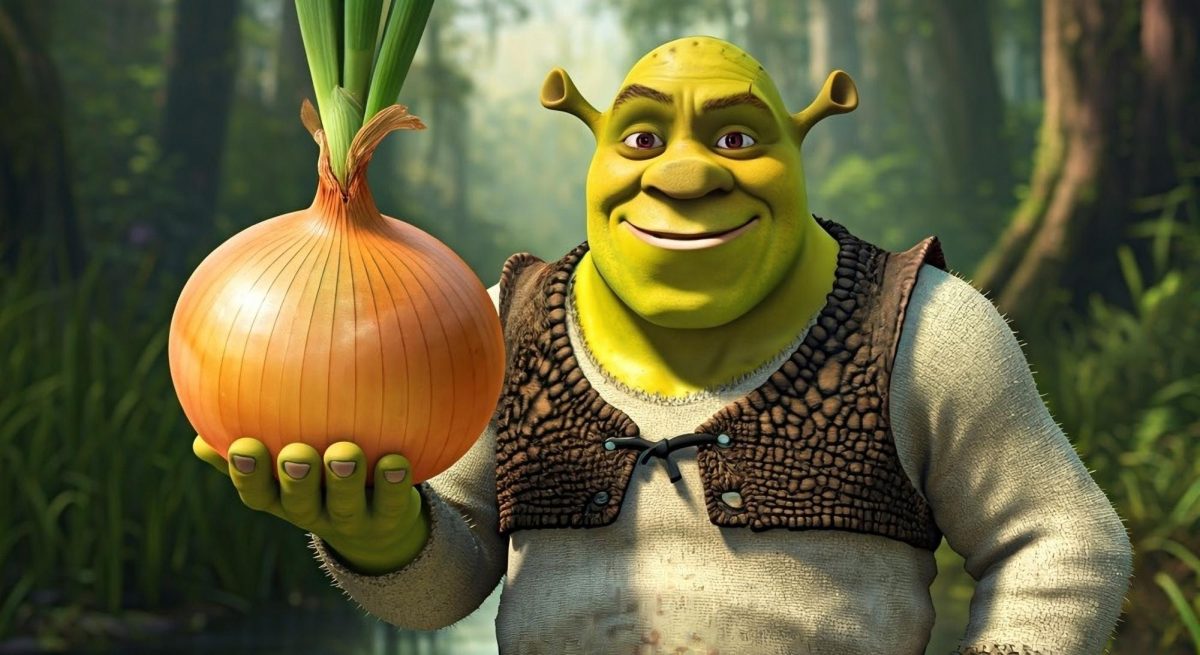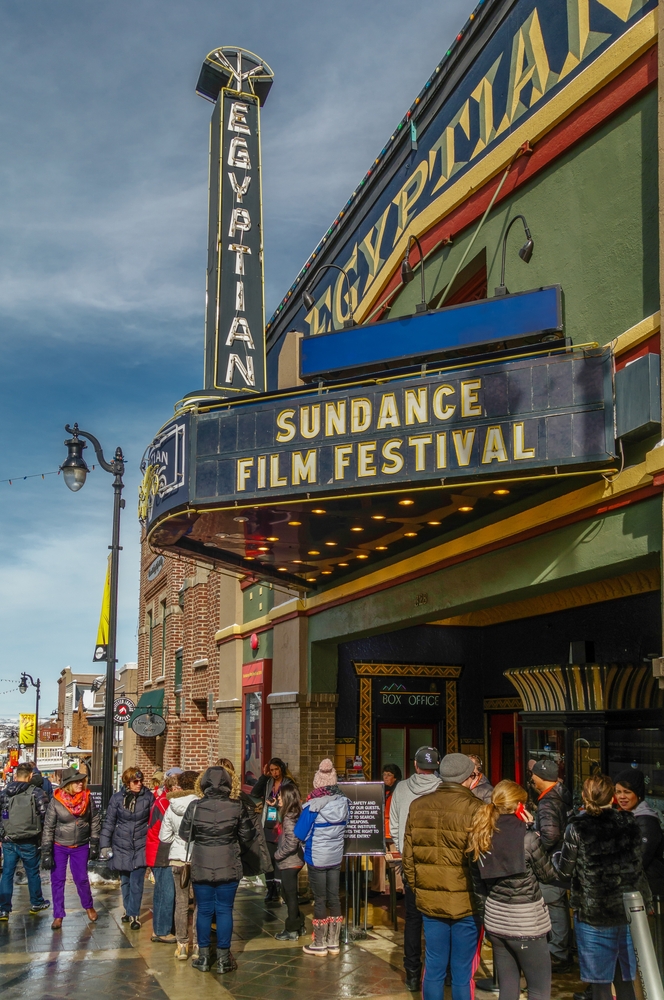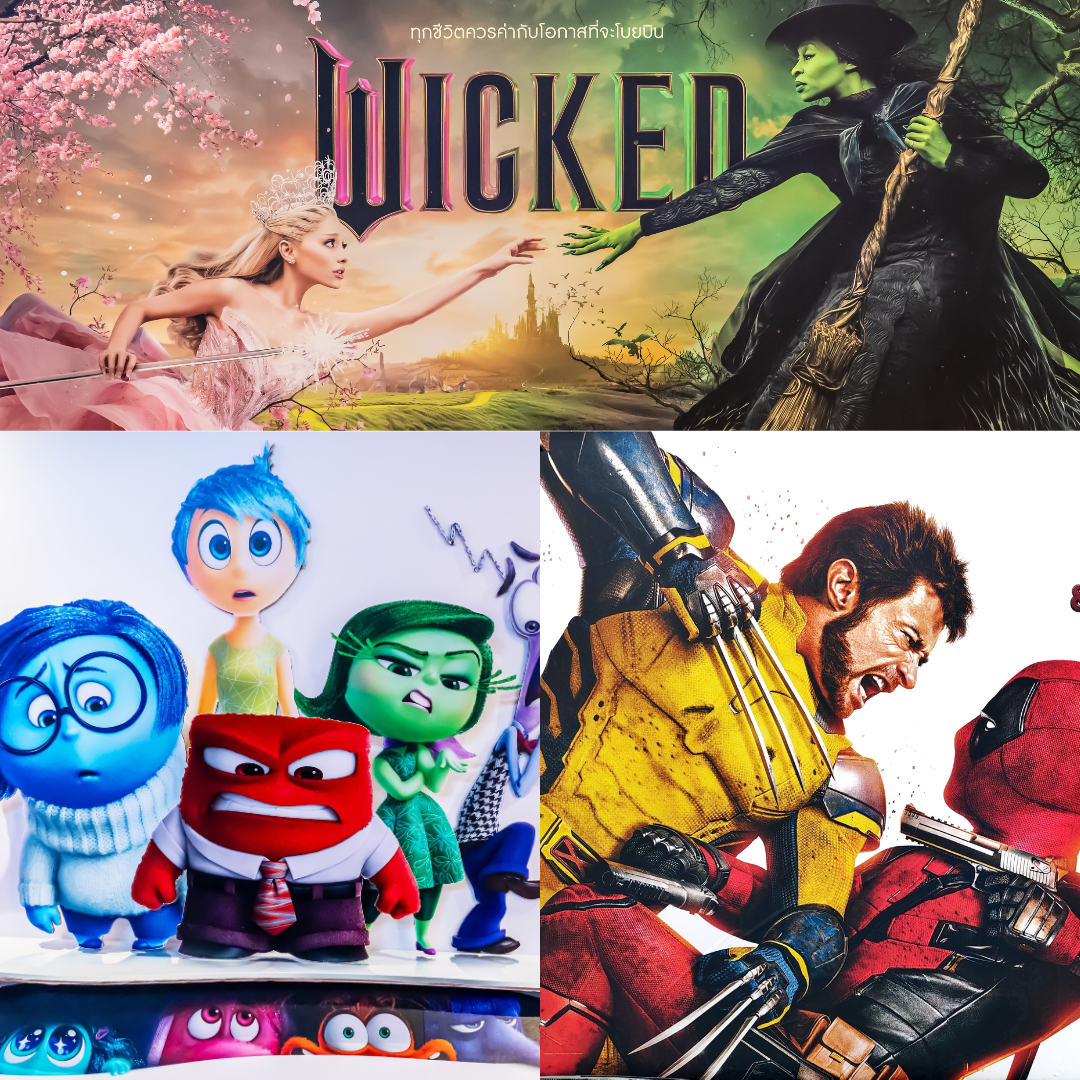SALT LAKE CITY — Utah’s policies on books have been controversial. Multiple bills are debating taking certain books out of schools, banning them statewide, and possibly arresting librarians. Legislators, school board members, and some parents have supported these bills for years. But, there has been an uproar from teachers, librarians, and other parents who are against the blatant infringement of free speech. The passing of these bills has led to an uproar against banning books. Books should not be banned in any capacity.
Censorship has always been a nationwide issue—not just in Utah. Many states have taken to radical means of banning books, Texas as of 2023 has banned 438 books. Some have even suggested the arrest of librarians. Librarians are usually tasked with ordering and organizing books at the requests of others, not knowing the content of each book. Censorship, banning, and the possible arresting of librarians is doing more damage than it ever will do good.
Legislation such as HB374, which provides guidelines for districts and charter schools for reviewing sensitive material in books, has truly been harmful to many children. Many of the books that are being taken out of schools are stories about diversity that have helped many kids, but they are taken under review for ‘sensitive’ material. Diverse stories often allow kids to feel less out of place and they can connect them with other students who go through the same things. The legislation does not have a true and accurate description of what ‘sensitive’ means, which allows for the review of books any parent or teacher doesn’t like the content in. The banning of diverse books creates one point of view that the voices of diverse authors, and it has no place in libraries. A lack of diverse stories will enable discrimination because students will have less exposure to viewpoints other than their own.
After the two hours that it took to pass HB374, school board of education member Natalie Cline went to her Facebook pages and thanked the parents who had reached out to the board about the bill, and then would later say it is not about banning books. The banning of books is exactly what this type of legislation is trying to do. The main basis for HB374 was to remove pornographic material from school libraries. Many parents consider these types of books harmful to their children, but what many these books hold are stories of drug abuse, sexual assault, and racism that many teens do encounter and go through. By banning these books, the government is banning resources that help students to understand these situations and it alienates the teens that have gone through it.
Along with HB374, there is HB29, which has passed the House, would allow for easier ways to remove a book statewide. Under this proposal, if three school districts or two school districts and five charter schools took a book out of their school’s library, it could lead to the statewide removal of that book. Again, these books are being removed for ‘sensitive’ material, and yet again there is no clear definition of ‘sensitive’ in this proposal. Rep. Kevin Ivory, the one who has proposed this bill stated that sensitive material is anything that is deemed ‘criminally’ harmful to minors. He expands on this by saying this ‘sensitive’ content is pornographic or indecent material that has no value. Even then, all literature has value within it, some books may lack substance that furthers someone’s intellectual prowess, but many can find value in anything. What one finds value in someone else might not, but this does not mean that this book should be taken off shelves and eventually banned state wide.
Teenagers are plenty resourceful as comes with the computer they hold in their hands. If a statewide ban were to happen, that doesn’t mean that teens won’t be able to find this content. Taking a book away would lead to the want to find said book to see what is so ‘criminal’ about it. High school students should not continue to be deemed children. Many are months away from 18, and what will happen when these almost adults are not exposed to what is truly in the world. If the board continues to censor what teens are allowed to read it will not get anyone ready for the real world. More harm is being done by limiting what teens are allowed to read or allowed to access. Teens are supposed to be curious, they are supposed to make mistakes and learn from them. Being exposed to ‘sensitive’ content will make them understand more and become curious so that they can research.
The board should not be censoring books when the average reading level of an adult is that of a fifth grader’s. The board should be looking into what will make these teens want to read more, not taking away that ability. Soon books will be more heavily monitored and censored, what will teenagers do when they no longer have a true library?










